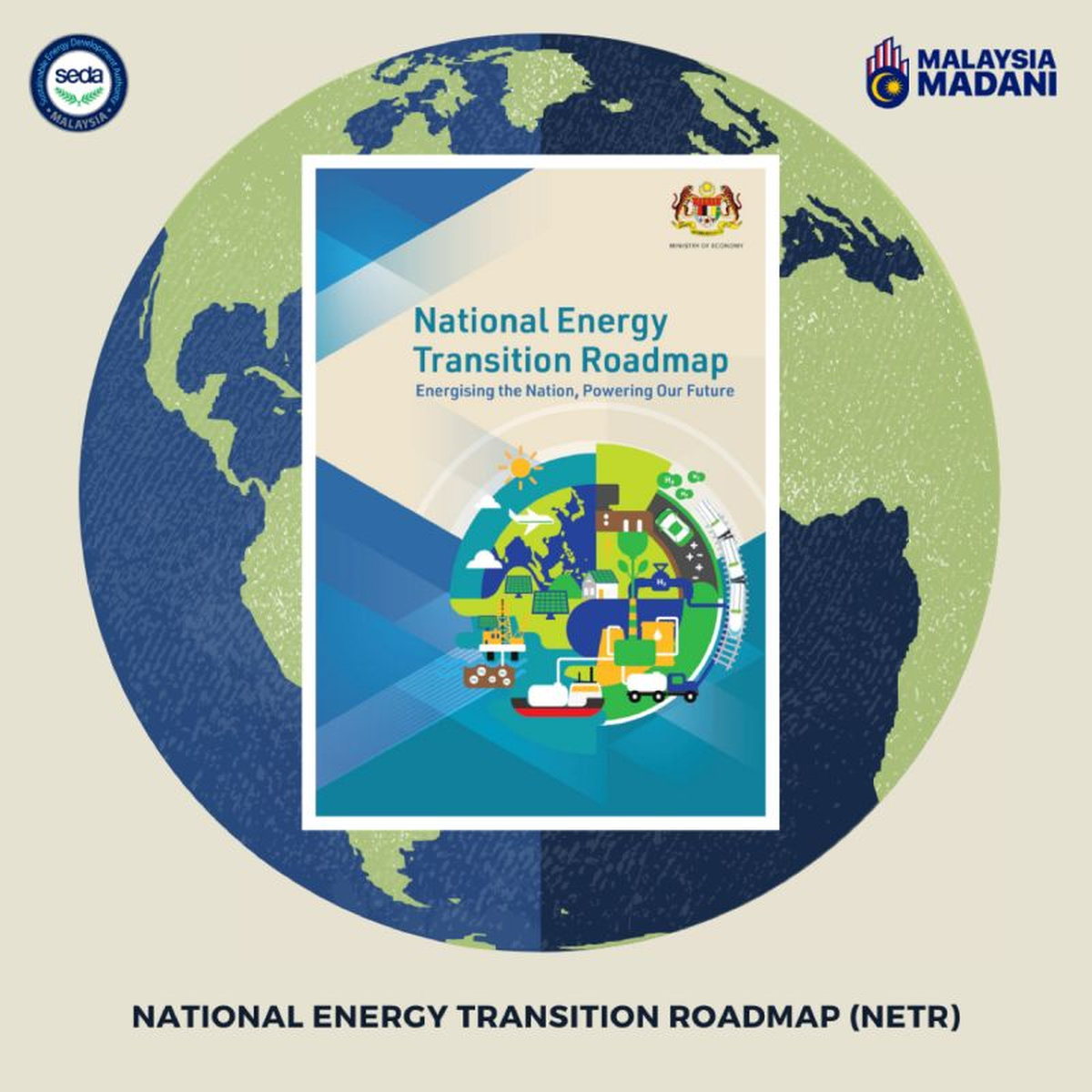PETALING JAYA: Nuclear energy is back on the table as Malaysia eyes the goal of achieving net-zero emissions by 2050.
First explored in the 1980s, nuclear power gained traction under ex-prime minister Datuk Seri Najib Abdul Razak but was shelved during former prime minister Tun Dr Mahathir Mohamad’s second term over safety and cost concerns.
The idea resurfaced in 2023 under the National Energy Transition Roadmap (NETR) as a post-2050 option, pending regulatory, safety and public trust improvements.
But major hurdles remain, including outdated laws, limited expertise and public distrust, said UKM renewable energy expert Dr Muhammad Ammirrul Atiqi Mohd Zainuri.
He said while nuclear power could play a critical role in the NETR, Malaysia must first lay solid groundwork to proceed safely.
“The adoption of nuclear energy could help Malaysia achieve a sustainable and inclusive energy system. But serious challenges must be addressed, from obsolete laws and weak regulatory structures to deep-rooted public unease.”
Unlike intermittent sources such as solar and wind, nuclear provides consistent power with zero operational emissions, making it a strong complement to the future energy mix of the country.
However, safety concerns and radioactive waste continue to shape public perception.
“Incidents such as Fukushima and Chernobyl have left deep scars. Even at home, backlash over the Lynas plant in Kuantan reflects widespread discomfort over anything involving radioactive material,” said Muhammad Ammirrul.
He said public trust, built through education, transparency and genuine engagement, would be essential if the government proceeds with nuclear energy.
Beyond public acceptance, the legal framework is also in need of urgent reform.
“The country’s main nuclear law, the Atomic Energy Licensing Act 1984, is outdated. It predates modern safety standards and best practices. Malaysia needs a dedicated nuclear energy law that clearly defines institutional roles, regulatory protocols and liability mechanisms.”
He called for the creation of an independent nuclear regulatory authority, separate from ministerial oversight, to enhance safety and governance.
Muhammad Ammirrul urged Malaysia to adopt a nuclear liability and insurance framework, potentially through accession to the Vienna Convention, a global treaty that enables cross-border compensation for victims of nuclear accidents.
He said radioactive waste remains one of the toughest challenges.
“We still have no long-term disposal infrastructure. Spent nuclear fuel remains hazardous for thousands of years, and managing that sustainably is a major hurdle.”
He said while renewables such as solar and wind are not without environmental impacts, they generate far less dangerous waste.
He added that small modular reactors could offer a safer and more adaptable nuclear option for Malaysia as these compact systems are well-suited to smaller grids and could help stabilise renewable output.
He said at present, Malaysia lacks the full technical capability to build or operate a nuclear plant independently.
“Agencies such as the Malaysian Nuclear Agency and the Department of Atomic Energy have expertise in research and radiation safety, but not in nuclear power generation.
“That said, local universities are now offering nuclear-related programmes, and overseas training is helping to develop human capital.”
As for who might lead a national nuclear rollout, he said Tenaga Nasional Bhd (TNB) is the most likely candidate.
“TNB has the infrastructure, technical expertise and government backing. It’s already leading in renewables, so it makes sense for it to spearhead this as well.”
On Tuesday, Energy Transition and Water Transformation Deputy Minister Akmal Nasrullah Mohd Nasir said Malaysia may miss its 2050 net-zero emissions target without nuclear energy in the mix.
He called nuclear energy the “elephant in the room”, saying it is vital for delivering reliable power as fossil fuels are phased out.









